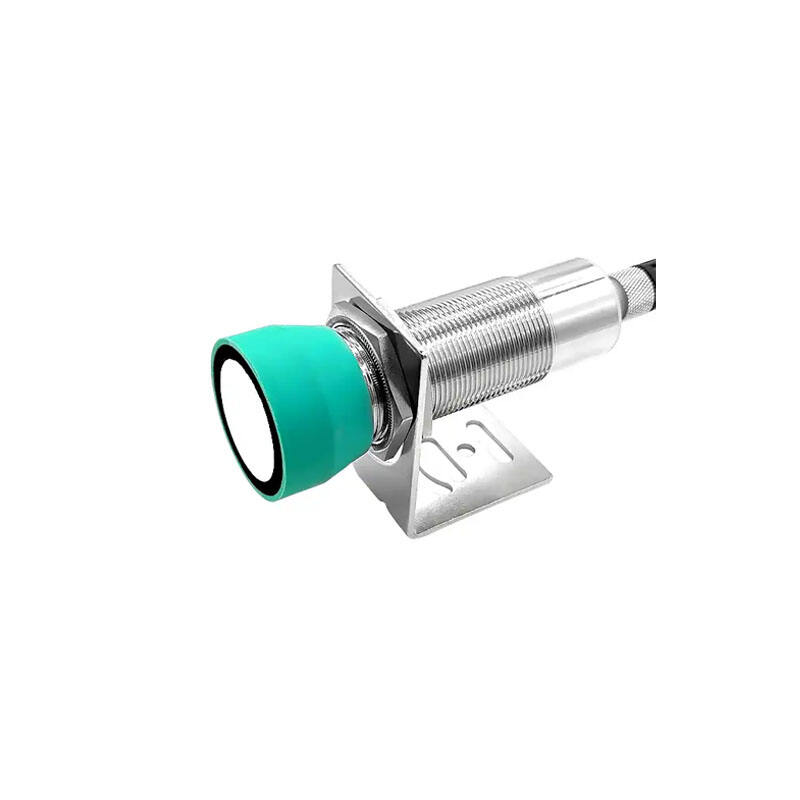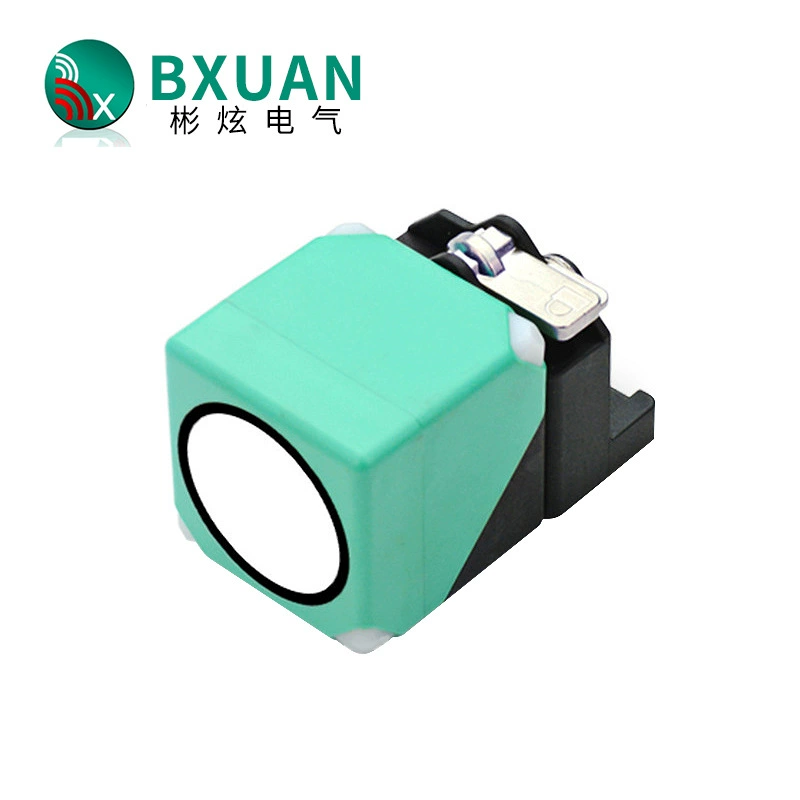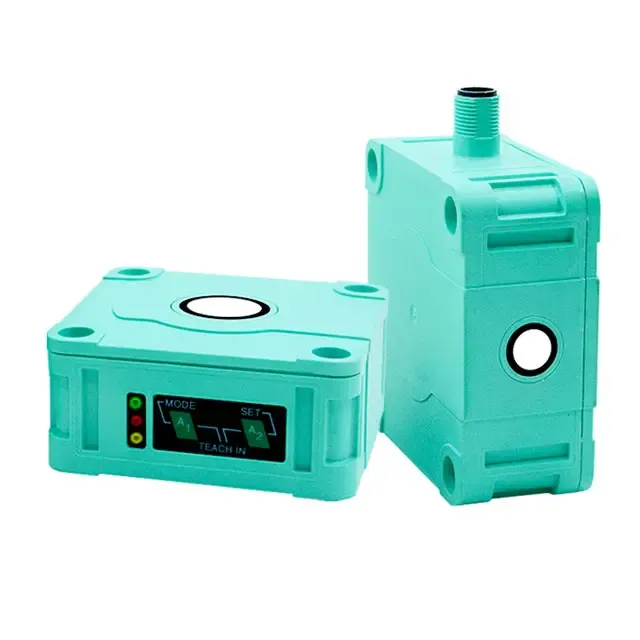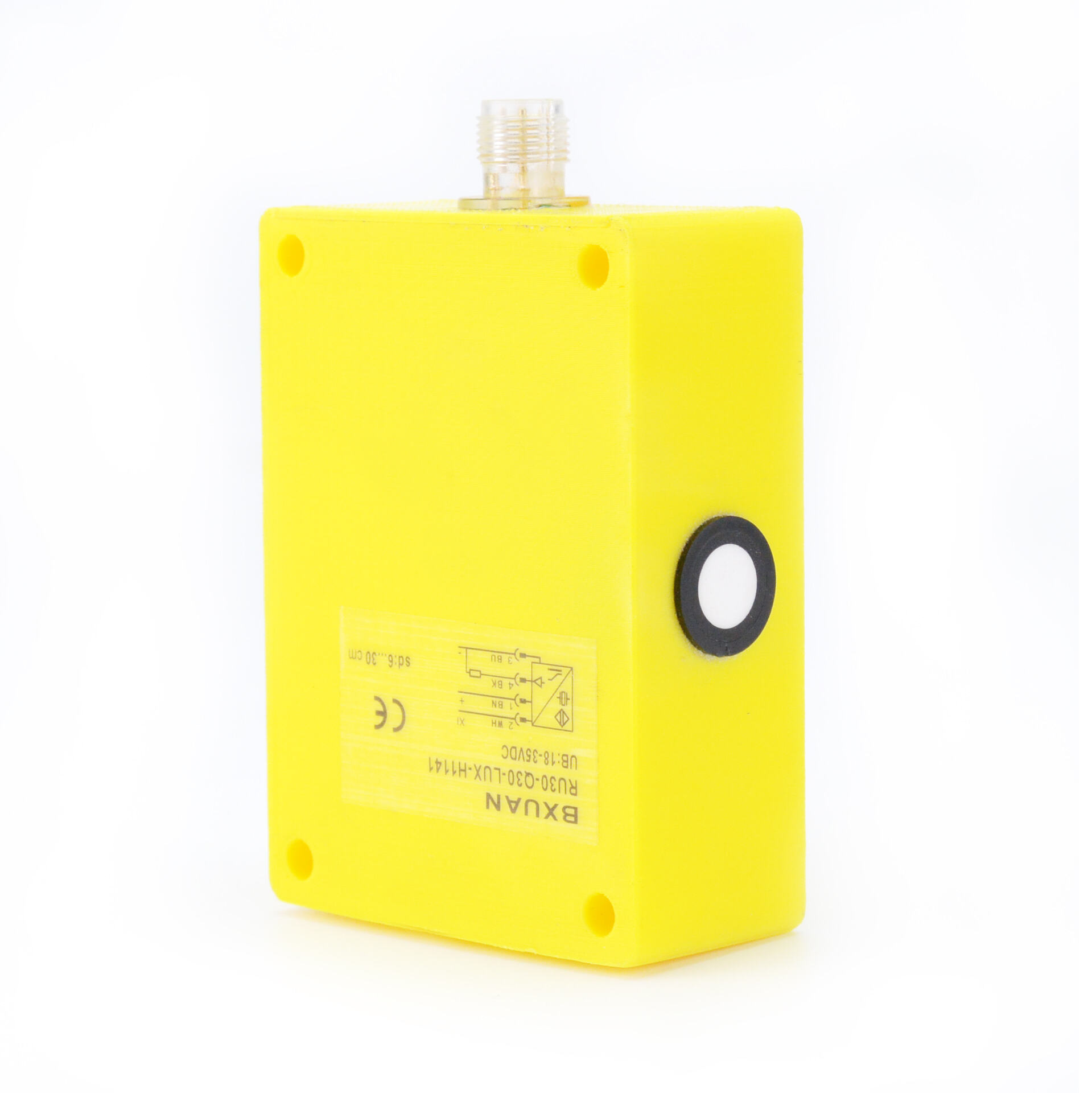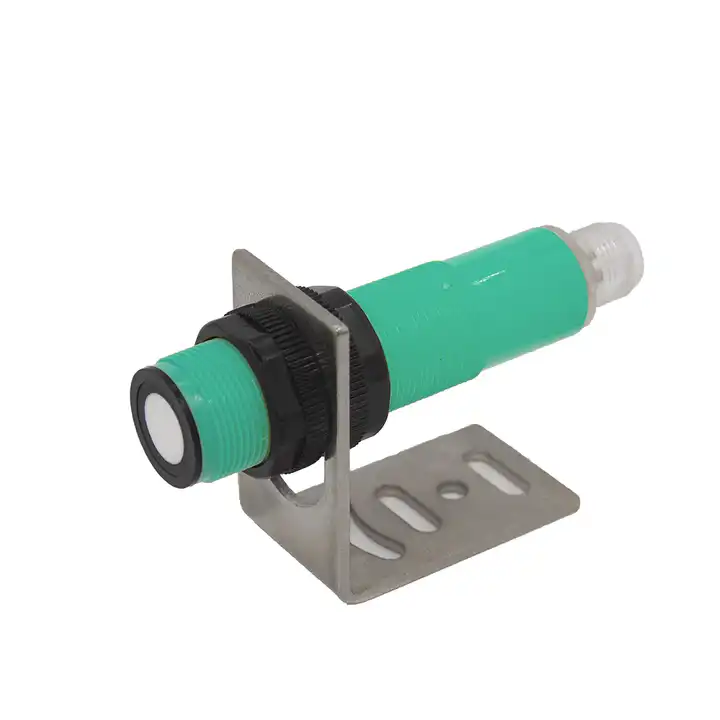sonar sensor
A sonar sensor represents a sophisticated piece of technology that operates on the principle of sound wave propagation and echo detection. This versatile device emits high-frequency sound waves that travel through various mediums and bounce back upon encountering objects, enabling precise distance measurement and object detection. The sensor consists of two main components: a transmitter that sends out ultrasonic waves and a receiver that captures the reflected signals. By calculating the time difference between emission and reception, the sensor accurately determines the distance to target objects. Modern sonar sensors incorporate advanced signal processing capabilities, allowing them to filter out noise and provide reliable measurements even in challenging environments. These devices can operate effectively in various conditions, including underwater applications, industrial automation, and robotics. The technology has evolved to offer enhanced precision, with some models achieving accuracy levels of up to 1mm, making them invaluable in quality control and manufacturing processes. Sonar sensors also feature adjustable detection ranges, typically spanning from a few centimeters to several meters, providing flexibility for different applications. Their robust construction ensures durability in industrial settings, while their compact design facilitates easy integration into existing systems.

